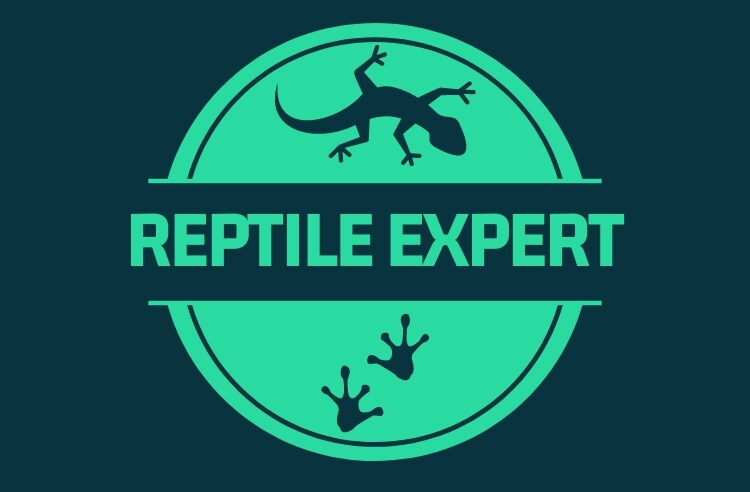Many people when they have purchased a reptile often consider what the best source of food for them is. Should they be fed live food or frozen food and what type of food is best for them? Here we examine the options.
Live Food
Live food – as the name suggests – is food that the reptile has to kill for itself. This is sometimes a tricky process and one that cause your reptile harm as most prey tend to put up a fight.
In the wilds live food captured by reptiles does take some time to die and more over some time to digest and some reptiles – snakes in particular – tend to digest their food while it is still alive. This of course is nature’s way but in doing so the prey can cause damage to the outside and the inside of the reptile and unless you are a true expert with many years of experience it may be hard to tell if the prey has caused any harm to your pet.
Live food can constitute worms, maggots, snails, mice, rats, chicks and a whole host of other reptilian delicacies but finding the right one for your particular reptile is important. You should always ask when purchasing a reptile what the best source of food is and if it is widely available.
Never try and catch mice and rats yourself to feed to your reptile. As perhaps unpleasant as it sounds they are specially bred in captivity for the purpose of feeding to reptiles. A domestic mouse or rat has claws sharp enough to cause severe injury to your reptile, possibly blinding it or causing deep skin lacerations.
Frozen Food
Frozen food is perhaps your best option when it comes to feeding a reptile that you are keeping domestically. Through feeding food that is already dead it alleviates the risk of any injury to your reptile but still ensures they receive all the vitamins, protein and nutrients they would receive from live feed.
Many pet shops and reptile houses sell frozen food and it can be bought in pre-packed bags or containers and stored in a domestic freezer without causing damage or contamination to other food stuffs. However most reptile keepers have a separate freezer in which to keep such food stuffs.
Again worms, maggots, snails, mice, rats and day old chicks can be frozen and offered up to your reptile as a meal and in doing so they can feed as and when they are hungry and also without having to kill the prey prior to eating.
You will notice also when you do provide your reptile with its feed that it will not necessarily eat for several days afterwards. Reptiles such as snakes digest their food slowly, releasing the proteins, nutrients and vitamins they require with rushing.
Also it is worth mentioning that you should never attempt to hand feed your reptile. In their natural habitat such creatures have to fend for themselves and they should do so to a degree in captivity.
Gently lower their food into their tank so as not to frighten them and then replace the lid. A reptile may not necessarily descend on its frozen prey immediately instead it will – as it would do in captivity – wait until the moment is right for it to feed and then do so in its own time.
